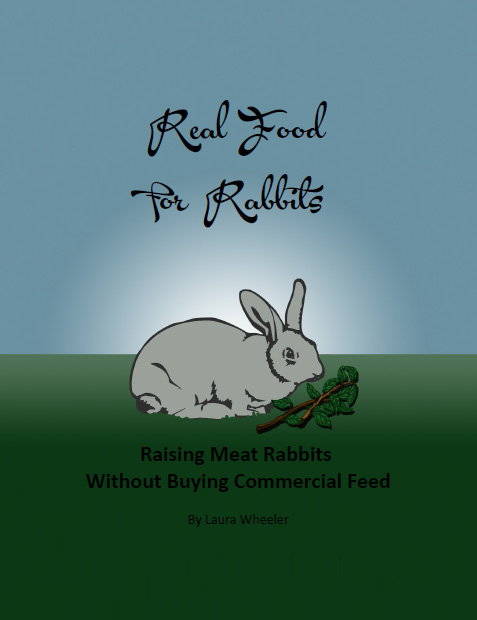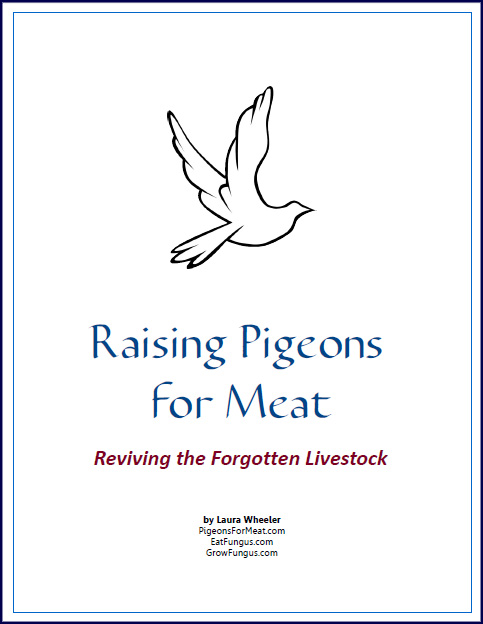 Click to Download Your Free Heritage Pickling and Culturing e-Book Now!
Click to Download Your Free Heritage Pickling and Culturing e-Book Now!
Instant Download, NO Registration Required!
Winter Eggs Without Supplemental Heat or Light
There is no doubt that temperature and light affect the laying of hens in the winter. There is also no doubt that there are valid reasons why a person would NOT want to put supplemental heat or light into a coop, even in very cold climates.
We have raised chickens in some pretty chilly conditions, and have continued to get eggs through the winter. We have analyzed the factors that seem to affect laying in our hens during the coldest parts of the winter.
We have never used supplemental heat, or light, in our coops, and while egg production has dropped, we have had enough to meet our own needs, and to sell a few cartons each week even through the worst of the winter, with about 20 to 30 hens in our coop.
These are the things we have found that affect laying in the winter the most:
1. Breed. Intensive layer breeds (like leghorn) are more sensitive to light and cold - their lighter weight bodies probably have a lot to do with that. Heavier meat type breeds (Wyandotte, Brahma, Jersey Giant, etc), and the fluffy or feather footed breeds (Cochin and similar) are the most consistent winter layers, least affected by cold or low light, but they may not lay daily.
2. Molting. If your hens molt, they will cease to lay until they are re-feathered, sometimes longer. Their combs will go pink. They will usually wait to come back into lay until they think spring is arriving - for a FEW breeds (most likely heavy well feathered breeds), that means as soon as they can detect the days lengthening out again (our egg numbers increase usually by the 28th of December - how they tell that soon I do not know, but they do!). For other chickens, it means close to the Spring Equinox.
3. Feed. This is a complex thing, different things tend to work for different people. But higher protein helps (especially if they've molted), higher fatty carbs can help (corn really can be useful here), and some people swear by sprinkling a little cayenne on their food (chemically warms them). Usually it is one thing that helps, in general different flocks respond to different things.
4. Age of hens. First year hens are more likely to lay through, because they don't molt (some early spring hens may, but generally not). After that, they molt each year, and really they ARE entitled to a bit of a break! But it helps to have half a dozen new hens in your flock each year, to keep you in eggs through the winter, once you figure out what it is they need to keep going. Older hens tend to molt earlier, and come back into lay later every year.
5. Housing. If there is snow on the ground, and they are indoors all the time, their housing needs to allow plenty of light in. We have an old open air coop, the entire upper half of the front is just chicken wire. It is in no way airtight! Gets a lot of wind in there, partly because it is also in really rough shape and has holes through the back wall and even in the roof! But the sun comes in and warms the dirt floor, which then helps keep it warm at night, and the fresh air seems to help them also. Daylight in the coop though, has the greatest effect.
6. Disturbances. Any disturbances in the coop - adding hens, predation, catching chickens for removal or slaughter, etc, will distrupt their laying, for up to a week. In the winter, when that coincides with cold snaps, feed changes, or anything else, the effect may be much more than it would in the warmer months. Keeping feed changes to a minimum in the winter can go a long way toward keeping consistent production.
This is by no means all the things that can contribute to good winter laying, nor all the things that can disrupt it. These are just the things we noticed most.
Basically, if you add a few hens each year, they will likely lay through the winter while the others molt and take a rest. If you remove some old hens each fall (the first old hens to pink out - combs that is), you will have room to add a few more the next spring.
That is probably the most important thing to do in order to keep a few eggs coming in.
It is really nice to have eggs as much as you want in the winter, when everyone else is grumbling over having to buy them. Kinda makes you warm and fuzzy all over, and gives you a real appreciation for those chickens!








